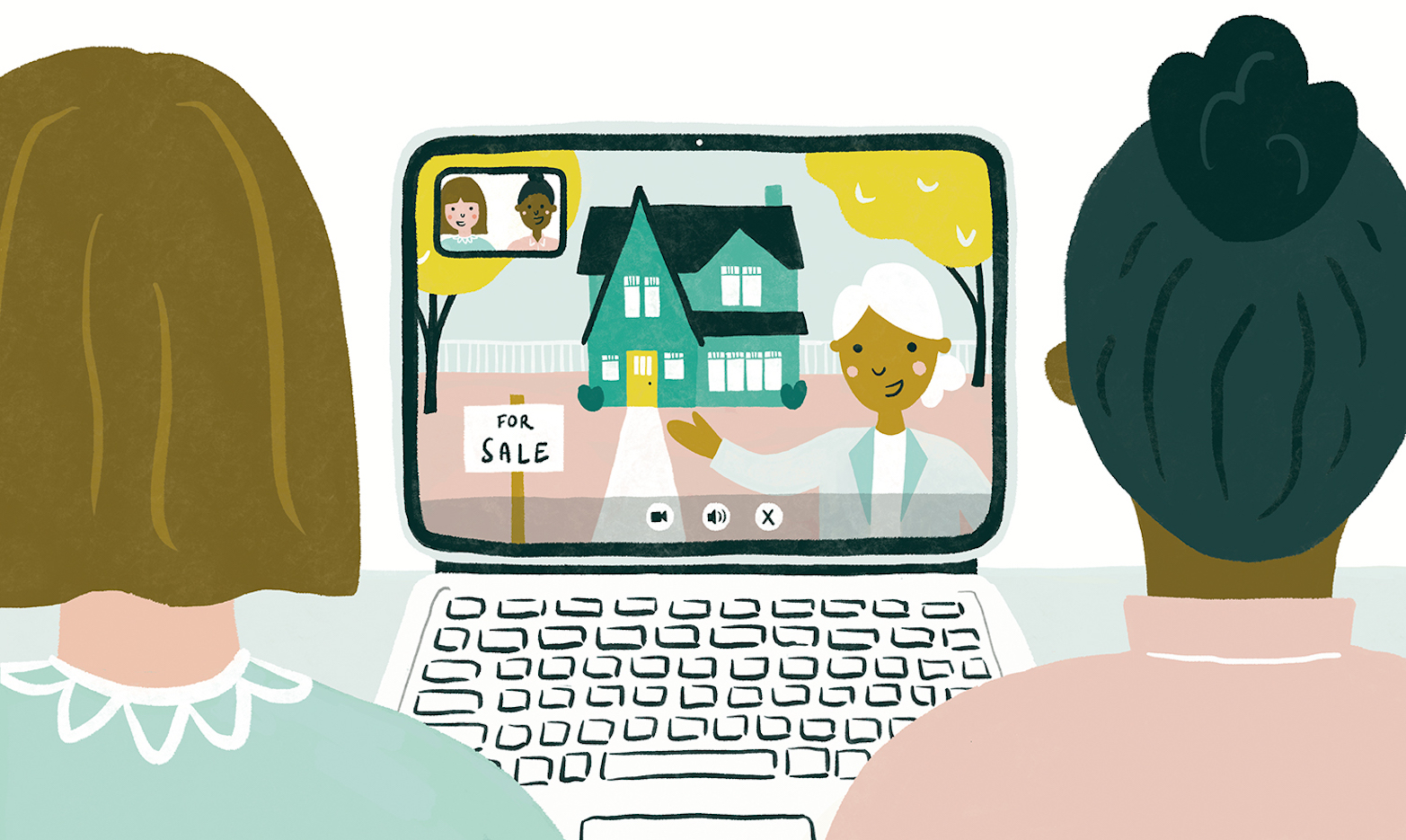IN THE MIDDLE OF MAY, during the height of the coronavirus pandemic, Debbie Turner listed her 1,477-square-foot home for $875,000. It’s a five-bedroom, three-bath bungalow in Grandview Heights, a neighbourhood wedged between the University of Alberta’s research farm and the North Saskatchewan River valley. Turner says she has, for a few years, had plans to sell her home and move to southern British Columbia, near Kootenay Lake. Despite the unique market circumstances COVID presents, she’s stuck to her plan. “There’s no harm listing,” she said the day after putting it on the market. “We’ll see what happens.”
We will indeed. Coronavirus has turned everything upside down and backwards. In the real estate world, open houses are verboten, tours are virtual and written assurances are required to ensure people walking through a home haven’t been abroad.
ANOTHER EFFECT HAS been brutal real-estate numbers, at least since mid-March when governments started giving stay-at-home orders. In Edmonton, home sales went down 55 per cent in April from a year earlier and 36 per cent month-over-month. New residential listings declined 46 per cent for the year and 31 per cent for the month. Overall inventory fell 20 per cent from a year earlier.
Turner is familiar with the numbers. She’s well-versed in real estate; her late husband was a commercial agent and they discussed markets around the breakfast, lunch and dinner tables. She knows Grandview Heights is a desirable community, with its large, subdividable lots, its proximity to the river and downtown and the well-regarded elementary and junior high schools. And she says her home, in particular, will be of interest. “Many of the other houses for sale in the neighbourhood are bungalows that haven’t had a lot of love,” she says. “Dated carpet, no upgrades to the bathrooms or kitchens.” Hers, well-maintained with improvements, is the only move-in-ready place in its price range.
So, despite the gloom, she listed. Her realtor, Leslie Jia, cautioned against the move due to the low number of viewings. He acts mostly for sellers, and has been advising clients to hold back until society gets back to some semblance of normalcy. Prior to Turner taking the plunge, he had just one property listed, and the owner removed it. “I just had a listing terminated because the seller sees no chance of selling,” he says.
